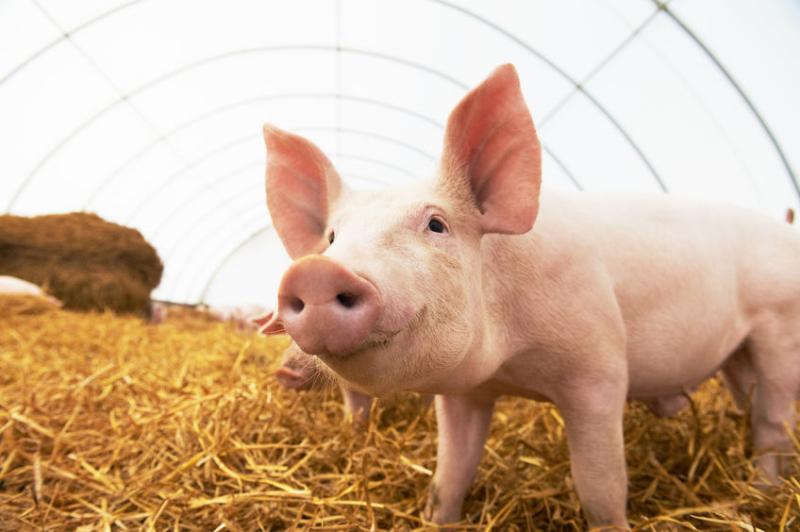
Global pork production in 2020 is expected to decline 7 percent compared to the previous year due to African swine fever and Covid-19 outbreaks.
The latest estimate by the USDA for this year's global pork production - 2% lower than their previous forecast - equates to 94.3 million tonnes of pork.
Chinese production has been revised down by 6%, with the nation still struggling to recover from African swine fever.
It is likely the outbreak of coronavirus has only slowed progress in this area, according to AHDB analyst Felicity Rusk.
The USDA now expects Chinese production in 2020 to be 20% lower than in 2019, which was itself down 21% from 2018.
Key exporting nations, including the US, EU (including the UK) and Brazil, are expecting to see growth in production this year.
Strong export demand from Asian countries has provided producers with the incentive to expand herds.
However, this is not enough to compensate for the decline expected in China and other nations affected by ASF, Ms Rusk said.
With lower expectations of Chinese production, imports have been revised up 4% from the previous forecast to 3.85 million tonnes, she added.
This is almost 60% more than in the previous year. In January and February alone, the nation imported twice as much pork and offal than in the same period last year.
Elsewhere, import estimates for many other nations, such as Mexico, South Korea, Colombia and the US, have been revised down from the previous forecast.
"The Covid-19 pandemic has meant that the foodservice sector has all but closed in many nations," Ms Rusk said.
"As such, demand from this sector has dissipated, which will have a knock-on effect on import demand. Furthermore, in the longer-term, weaker economic growth is also likely to affect import demand negatively.
"As such, overall imports were revised down by 4% from the previous forecast to 9.6 million tonnes."
